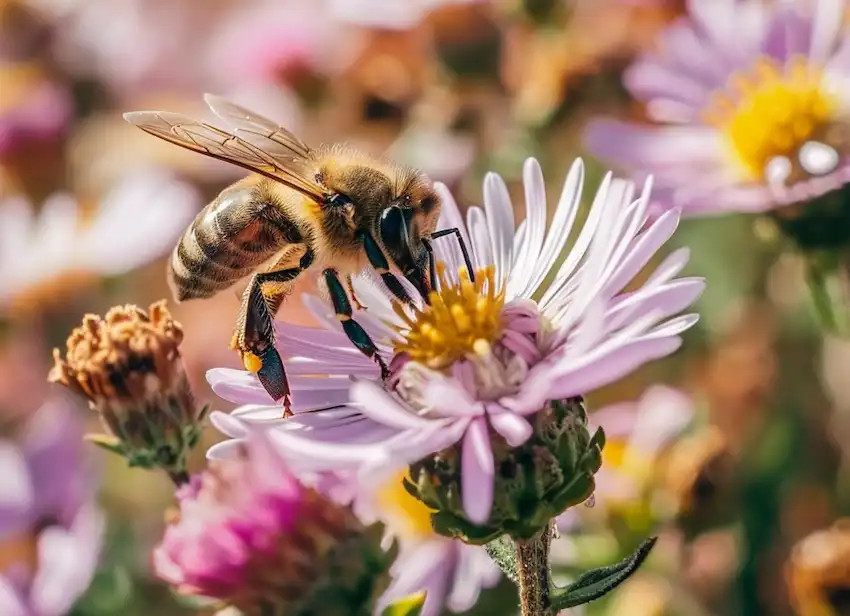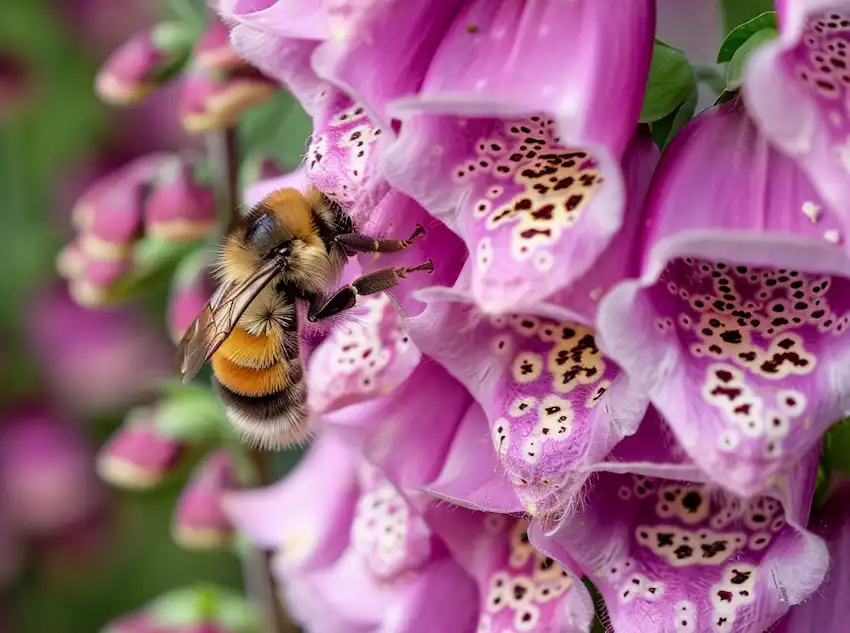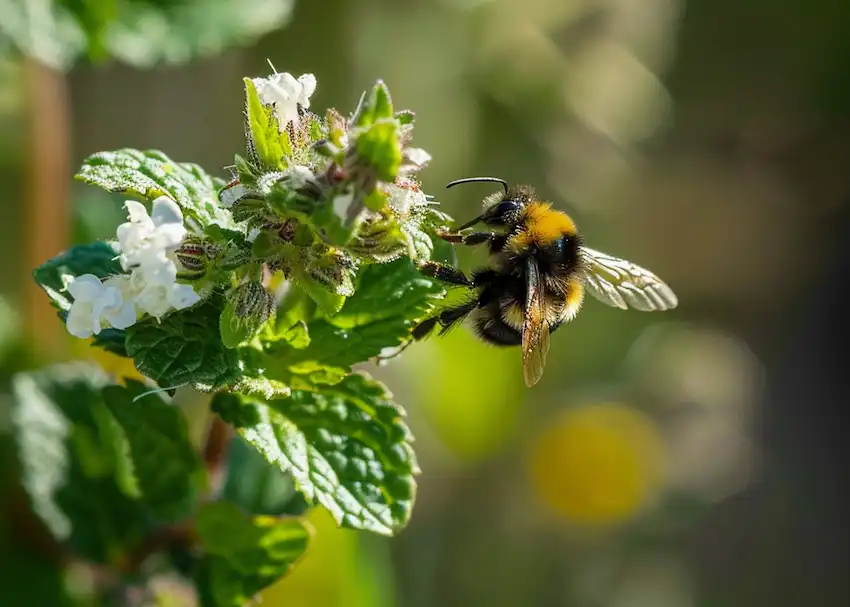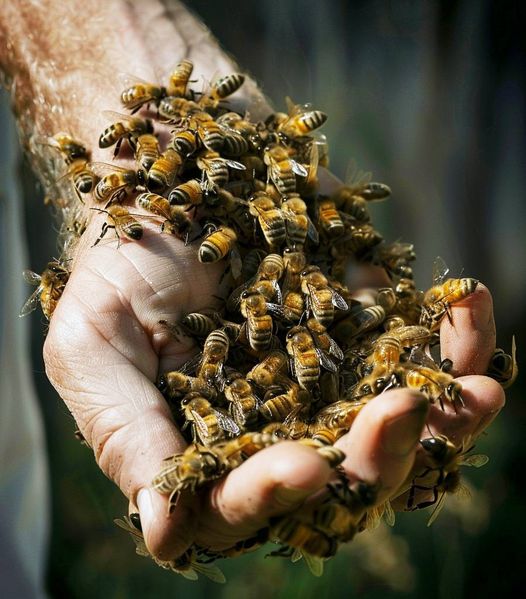Bees play a crucial role in pollinating plants, which helps in the production of fruits, vegetables, and seeds. However, their populations are declining due to habitat loss, pesticides, and disease. Planting bee-friendly plants is a simple yet effective way to support and save bee populations. This article provides a comprehensive guide on what plants to grow to aid bee conservation, detailing why these plants are beneficial and how to cultivate them in your garden.

Why Plant Bee-Friendly Plants?
Bee-friendly plants provide bees with nectar and pollen, which are essential for their nutrition. By creating a bee-friendly garden, you not only support the local bee population but also contribute to the biodiversity and health of your garden ecosystem.
The Best Bee-Friendly Plants
Lavender (Lavandula): These fragrant flowers are a favorite among bees due to their rich nectar and vivid purple blooms.
Sunflowers (Helianthus): With their large, bright blooms packed with pollen, sunflowers are a magnet for bees.
Borage (Borago officinalis): Known for its star-shaped blue flowers, borage is a prolific source of nectar.
Foxglove (Digitalis): These towering spires are not only beautiful but also provide plentiful nectar for bees.

Rosemary (Rosmarinus officinalis): This aromatic herb is a dual-purpose plant that serves culinary needs and attracts bees.
Coneflower (Echinacea): These sturdy, colorful flowers are perfect for providing both nectar and pollen throughout their flowering season.
Mint (Mentha): Easy to grow and highly attractive to bees, mint’s small flowers provide ample nectar.

Tips for Creating a Bee-Friendly Garden
By planting these bee-friendly plants, you can contribute significantly to saving bees and supporting biodiversity. A garden buzzing with bees is not only a sign of a healthy ecosystem but also ensures the productivity of your fruits and vegetables. Starting a bee-friendly garden is a step towards a more sustainable and environmentally conscious gardening practice.
Inspired by this? Share the article with your friends!




